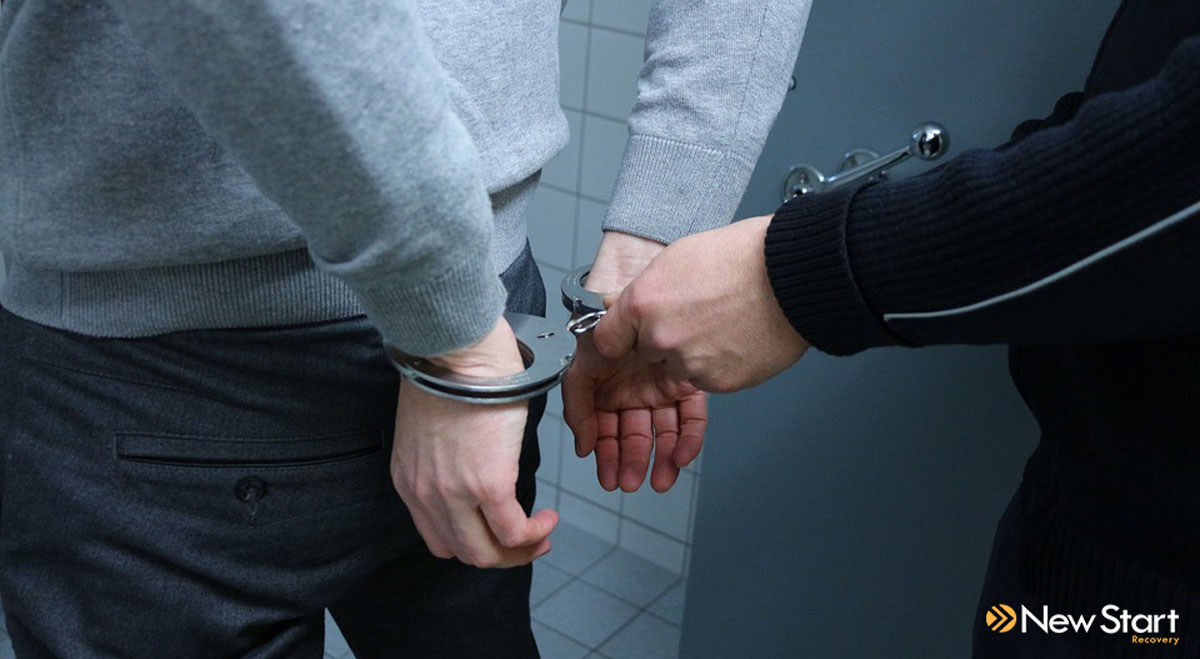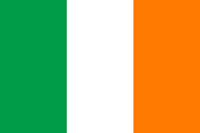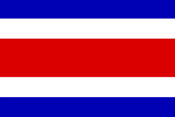One year in jail and a $5,000 fine. That’s the typical federal punishment for the possession of heroin in the U.S. And that’s only for the first offense. The punishment for a second offense is basically double the punishment for a first offense. Do you know what the punishment for possession of heroin is in Portugal? A gram of heroin will get you a citation and an appearance in front of a “dissuasion panel.” There’s no major fine, no arrest, and no incarceration. And to top it off, most cases that go to the dissuasion panel are dismissed. Portugal has decriminalized all drugs, from weed to heroin.

Many people immediately link drug decriminalization to increased rates of drug use, overdose, and drug-related deaths. However, Portugal shows us results that are far from critics’ nightmarish claims. If Portugal’s drug problems decreased after these drugs were decriminalized, should we take a hint?
A Closer Look at Portugal’s Decriminalized Drug Enactment
In 2001, Portugal decriminalized all drugs, from marijuana to heroin and meth. The policy specifically covers the possession of these drugs for personal use. Manufacturing and selling is something completely different. Keep in mind that decriminalizing means that possession of these drugs is no longer a criminal offense, but it can still be punished in other ways.
Holding an amount that is less than a 10-day supply solely intended for personal use will not result in arrest, unlike in the U.S. It’s not a crime. Instead, these people will be cited (the fine can vary) and will be sent to appear in front of a panel of legal, social, and mental health experts. This is referred to as a “dissuasion panel.” As its title states, the panel is meant to dissuade people from unhealthy and detrimental habits. But most of these dissuasion panel cases are dismissed from further action. Those that are not dismissed are referred to a treatment program. These are usually people who have appeared in front of the dissuasion panel multiple times.
Portugal: “10/10, Would Recommend”
Portugal was met with a lot of hate and scrutiny when it first announced that drugs would soon be decriminalized. Many people assumed that making drugs more legal would cause drug use – and its negative effects – to skyrocket. But Portugal shows otherwise:
Other Influencing Factors
When we stop focusing on the criminal aspects of drugs, we can start to give our attention to the things that could actually help people who have real problems. For example, Portugal’s dissuasion panels may point repeat users to treatment programs rather than incarcerating them. If someone really does have an addiction problem, jail won’t help. Treatment will. Detoxing in jail can be extremely uncomfortable if not downright dangerous if a drug addict is incarcerated. Sure, it gets him off the streets for a short while. But it won’t help his problem. And if he is released without receiving proper treatment and he goes out and uses the same drugs in the same dosages that he had been using prior to arrest, the result will most likely be overdose. Criminalizing drugs and drug addicts doesn’t help the problem; it just keeps it out of sight for a while.
Another means to address the problem is looking at substance abuse and addiction through a medical and psychiatric lens rather than through a criminal lens. These dissuasion panels include social workers as well as psychiatric experts who are there to address how much of a concern each individual case is. So, it’s not like Portugal is just dismissing cases where people have serious and potentially life-threatening problems. Those who need help are given help. This is especially true thanks to Portugal’s free basic healthcare system.
Harm reduction also plays a significant role in addressing the serious health concerns of substance abuse. Harm reduction methods include needle exchange programs and opioid substitution therapy. These methods can help keep other illnesses like HIV and Hepatitis C down even while drugs seem more legal.
Should the U.S. Follow Suit?
Portugal may have been the first to fully decriminalize drugs. And its holistic attitude towards that decriminalization is the primary reason the country has our spotlight in this article. But it’s not the only country that has either decriminalized drugs or enacted some sort of liberalization over drug use and possession.
Other Examples of Drug Decriminalization:

In 2015, Ireland announced that it would introduce supervised injection rooms and possession of drugs will be decriminalized. But production and supply of those drugs would remain criminalized.

The Netherlands’s policy on drugs is based off of two main principles: 1) drug use is a public health matter, not a criminal matter, and 2) there is a distinction between hard drugs and soft drugs.

In Costa Rica, the personal consumption of drugs is decriminalized. Manufacturing and selling is still a crime.

Mexico allows the personal possession of some illegal drugs (like marijuana and cocaine) for immediate use in small amounts as long as those drugs aren’t carried within a certain distance from schools, police departments, and correctional facilities. Some other synthetic drugs (including heroin and LSD) were also decriminalized.
Portugal’s statistics show us that decriminalization has had a positive effect on the country’s well being. Yet, some countries – including our own – are still reluctant to touch the topic of decriminalization. In the U.S., some states have enacted laws to legalize marijuana. However, the federal law still classifies weed as a Schedule I drug and continues to carry out punishments accordingly. And that’s just for marijuana, which has long been considered by many to have real, positive medical value. The other drugs that show less value and higher rates of addiction and detriment keep people anywhere from hesitant to aggressively opposed to decriminalizing drugs.
Whether or not drugs are decriminalized, it needs to be addressed as a health problem, not just a crime. Treating addicts solely as criminals keeps them from getting the help they actually need.
If you or someone you know is struggling with addiction, we want to help. Call our addiction staff at 855-737-7363 for a free and confidential screening.

